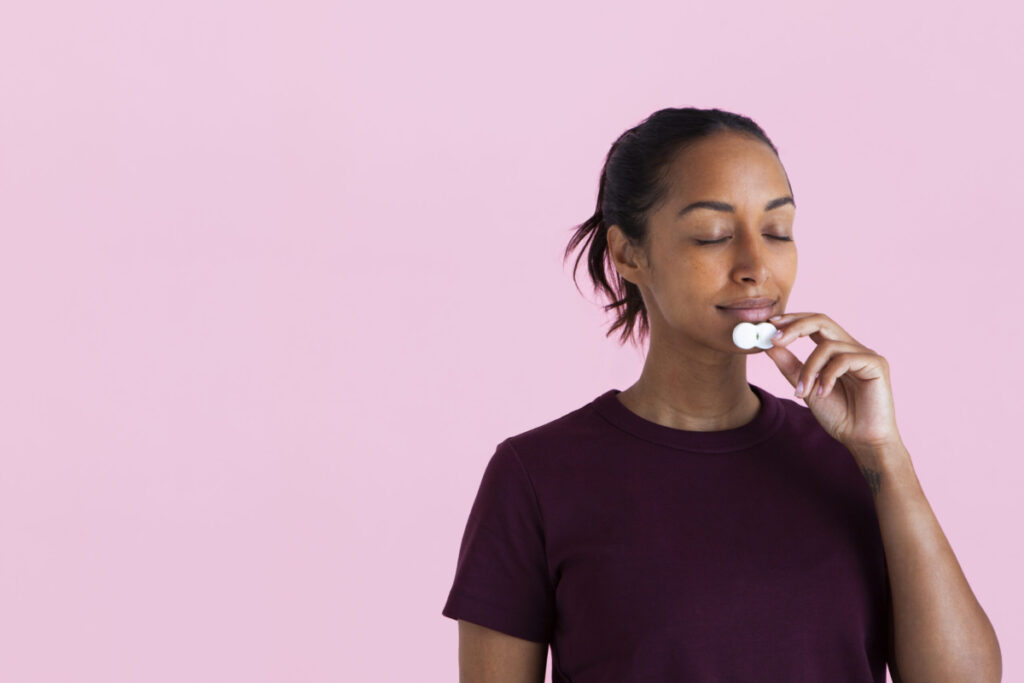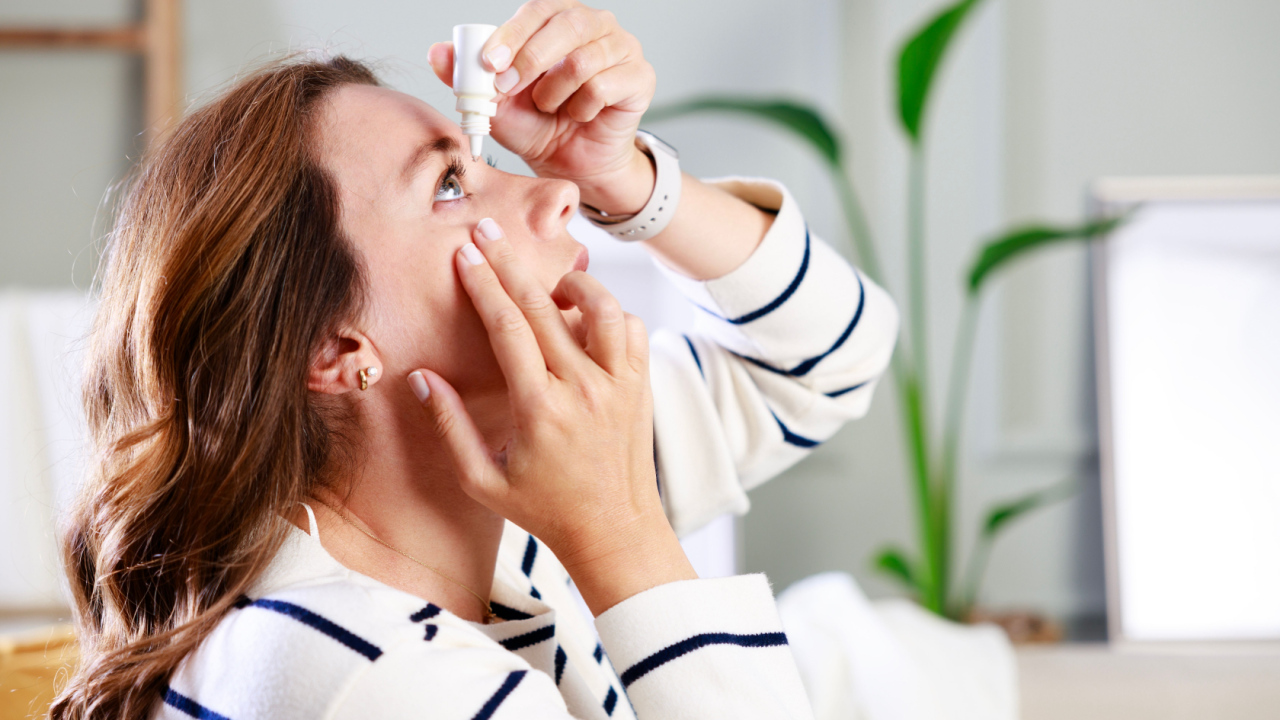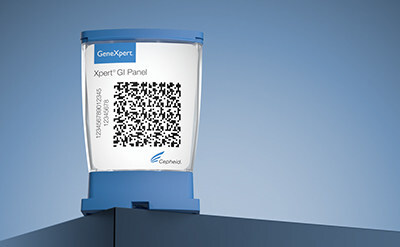Belgium-based digital health scale-up Sunrise announced it has received clearance from the US Food and Drug Administration (FDA) for its second generation at-home sleep apnea test.
The artificial intelligence (AI)-powered device, referred to as the Sunrise Sleep Disorder Diagnostic Aid (SDDA), can help diagnose sleep conditions like obstructive sleep apnea and sleep-related breathing disorders.
The wireless device has a polygraph system and an 8-gram sensor built into its small lightweight frame. Barely spanning the palm of a hand, it’s placed on a user’s chin where it records mandibular jaw movements (MJM) as a bio-signal for sleep measurement. Sunrise says MJM has been studied for decades, but the company’s application of it in a sleep apnea test is novel.
Data collected through the test is sent to an AI-enabled app for analysis and the results can be shared with healthcare providers via a secure online portal.
The FDA 510(k) clearance was granted to Sunrise based on data that clinically validated the test against the gold standard of polysomnography across thousands of individuals.
In the US, approximately 22 million people suffer from sleep apnea, and 50 to 70 million have a sleep disorder. According to the American Academy of Sleep, 26 percent of people between the ages of 30 and 70 have sleep apnea. The incidence of sleep apnea is on the rise and has been recognized as a serious health problem as it can lead to other health conditions.
Related: How Sunrise’s Sleep Apnea Test Could Be A Game Changer For At-Home Testing
Signs and symptoms of sleep apnea include irregular breathing during sleep, snoring, gasping, choking or coughing during sleep, morning headaches, daytime sleepiness, lack of energy, frequent urination at night, gastroesophageal reflux and depression. Since mild sleep apnea can have a range of different, and often subtle, signs, around 80 percent of sleep-disordered breathing cases remain undiagnosed.
Currently available at-home sleep apnea tests in the US involve masks with wired sensors that measure breathing and oxygen levels and are used for just one night.
The second-generation version of Sunrise’s home sleep apnea test has new features that include the ability for patients to perform testing over multiple nights, as night-to-night variability in sleep studies is well documented, explained Atul Malhotra, MD, board-certified pulmonologist, intensivist and research chief of Pulmonary, Critical Care and Sleep Medicine at UC San Diego Health.
The multi-night capability will allow for the capture of longitudinal data over time to “improve diagnostic confidence,” said Dr. Malhotra.
CEO and co-founder of Sunrise, Laurent Martinot, said the new device brings a new level of clinical information and ease of use never seen before in home sleep testing utilizing the powerful MJM signal alongside the traditional signals of airflow and oximetry. “We have clinically validated our sensor against the gold standard of polysomnography on thousands of patients to measure sleep-disordered breathing,” he added.
Sunrise said results published in Nature and Science of Sleep show that the MJM bio-signal is a highly reliable and non-invasive surrogate of the esophageal pressure (Pes) gold-standard signal to measure respiratory effort during sleep.
The device is certified by the European Commission as a medical device for the diagnosis of sleep apnea. In the UK, a one-night test retails for £119 on the company’s website.
In the US, the device is available by prescription and Sunrise has not disclosed its price yet.
The most common treatment for sleep apnea is the use of a continuous positive airway pressure (CPAP) machine that delivers a steady stream of air through a mask worn while sleeping to keep the airways open. Depending on the case, weight loss or surgery to remove excess tissue from the palate or throat are other available treatment options.












Join or login to leave a comment
JOIN LOGIN